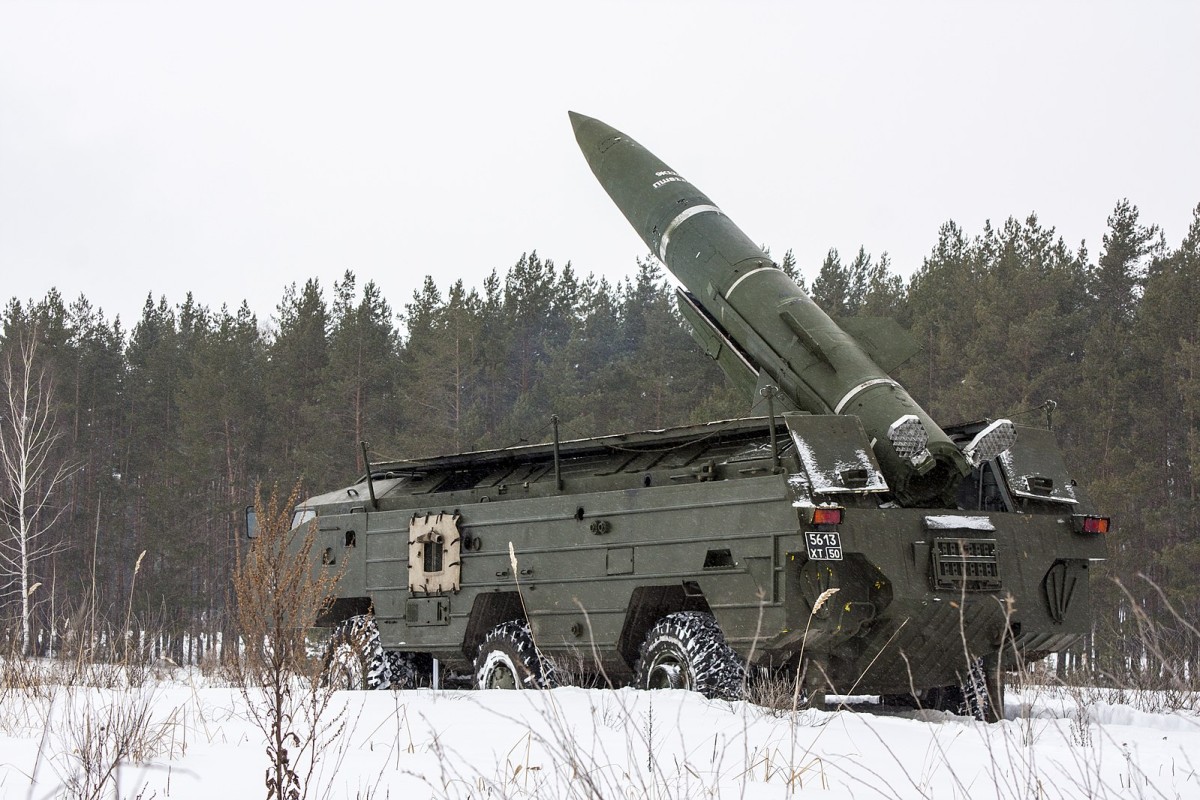Sponsored Content
Moscow Announces Enhanced Revision of its Nuclear Doctrine
Russia's nuclear doctrine, particularly concerning its large arsenal of non-strategic nuclear weapons (NSNW), has become one of the most pressing issues in Euro-Atlantic security. Russia is planning to revise its nuclear doctrine, the Russian Foreign Ministry has announced. This decision is of course being made against the backdrop of the ongoing war of aggression against Ukraine and the reactions of the West.
 Russia plans to revise its nuclear doctrine due to its aggression against Ukraine and the West's support against Russian interests. / Picture: © Wikimedia Commons, Ministry of Defence of the Russian Federation, CC BY 4.0
Russia plans to revise its nuclear doctrine due to its aggression against Ukraine and the West's support against Russian interests. / Picture: © Wikimedia Commons, Ministry of Defence of the Russian Federation, CC BY 4.0
Russian Deputy Foreign Minister Sergei Ryabkov told Russian news agencies, as reported by ORF, that the experience of the "special military operation" and the behavior of Western states had shown that certain parameters of military doctrine needed to be adjusted. This also applies to the policy of nuclear…
or Log In
Fast News Search





